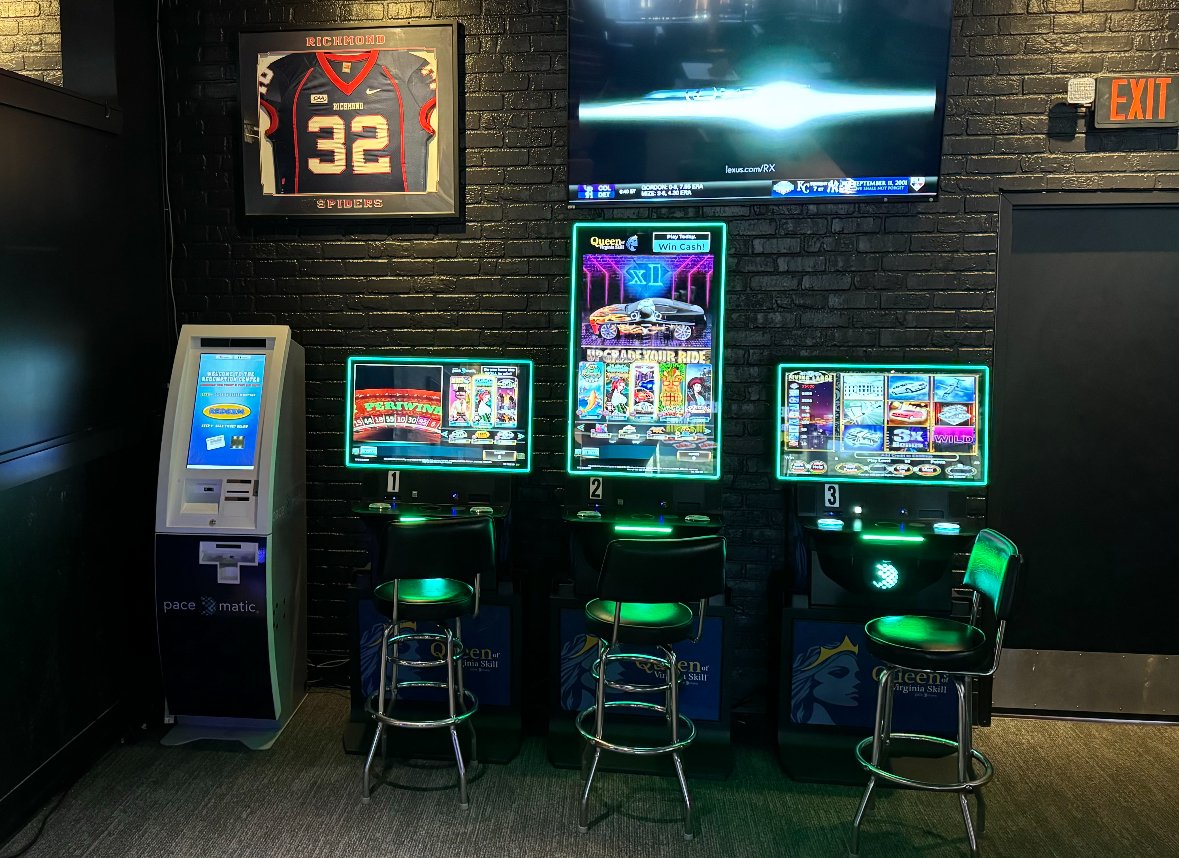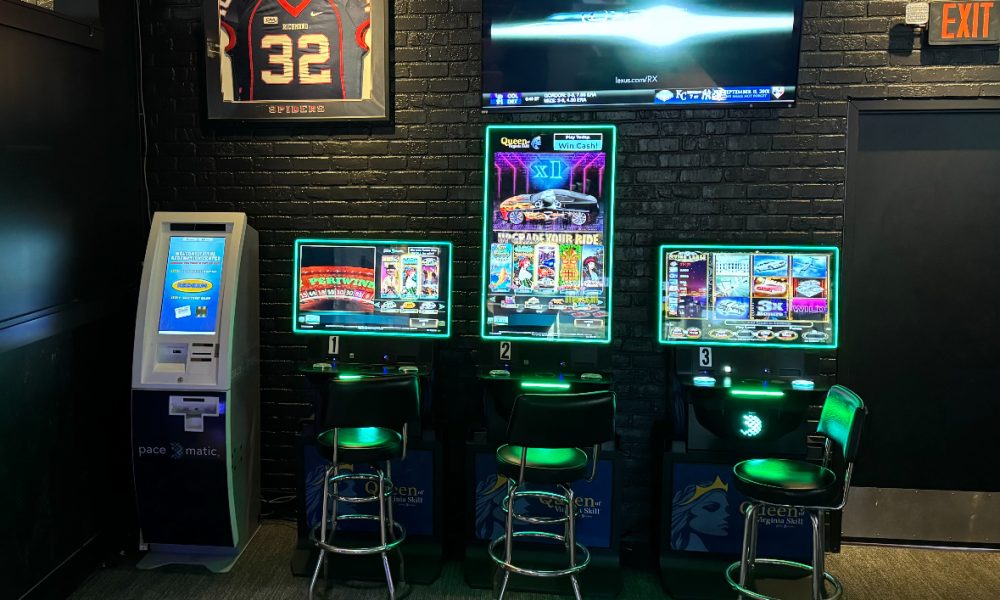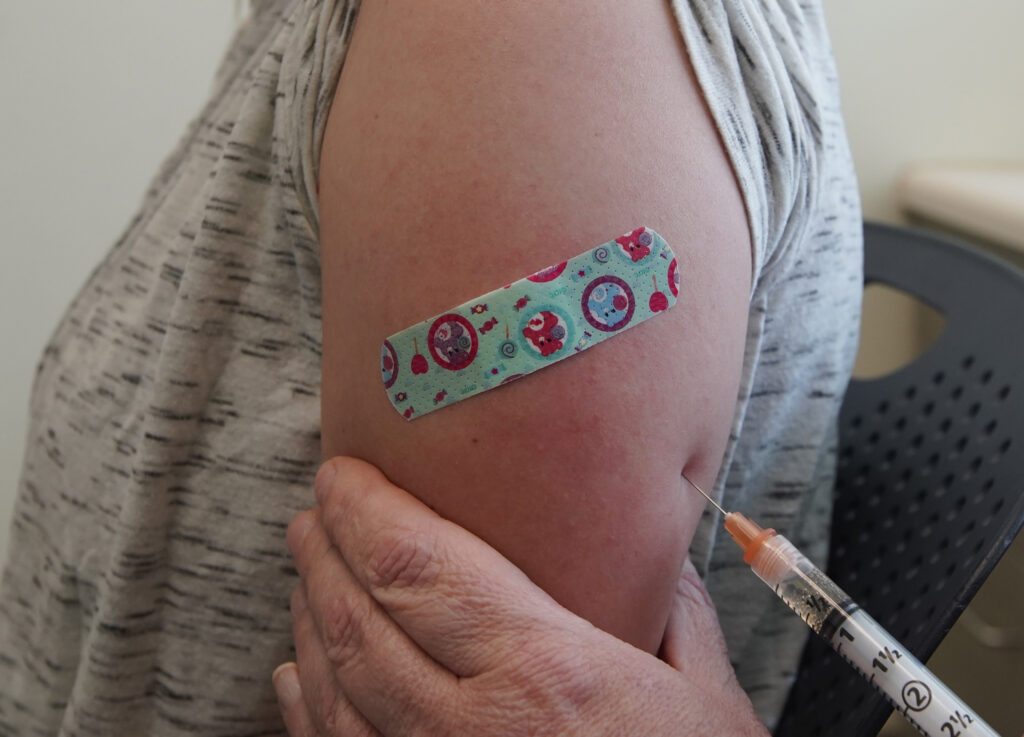## Lights, Camera, Action! Virginia Skill Games Get the Green Light!
The battle lines have been drawn, the dice have been rolled, and the verdict is in: Queen of Virginia skill games are officially legal in the Commonwealth! A Hanover judge has delivered a massive win for small businesses across Virginia, throwing open the doors to a booming new industry.

Think poker machines with a twist, offering players a chance to test their wits and strategic skills. These games, wildly popular in Virginia, have been in a legal grey area, facing opposition from powerful gambling interests. But today, the tide has turned.

Defining “Illegal Gambling Devices”

At the heart of the legal battle surrounding Queen of Virginia skill games lies the definition of an “illegal gambling device” under Virginia law. Virginia Code §18.2-331 prohibits the possession of such devices, which are generally understood to be those that require players to insert money or tokens to activate gameplay. The crux of the argument lies in whether skill games, like those offered by Pace-O-Matic, fall under this definition.
Opponents, such as Virginians Against Neighborhood Slot Machines, argue that these machines are nothing more than disguised slot machines, relying primarily on chance and offering monetary prizes. They point to the fact that many skill games involve random number generators and elements of chance, blurring the line between skill and luck.
Proponents, on the other hand, emphasize the role of player skill in determining outcomes. They argue that the games require strategic thinking, timing, and decision-making, making chance a secondary factor. The QVS2 machines, for instance, involve a combination of quick-reaction button presses and match-three gameplay, elements that proponents claim necessitate a significant degree of skill.

The Role of Skill vs. Chance in Gaming
The debate over the prevalence of skill versus chance in gaming is a long-standing one, with legal and philosophical implications. The line between these two elements can be blurry, and the degree to which skill influences outcomes varies greatly depending on the game.
In traditional casino games like slots, chance reigns supreme. The outcome of each spin is determined by a random number generator, with no player input affecting the result. However, games like poker and blackjack incorporate elements of skill, where players can use strategy, knowledge of odds, and reading opponents to improve their chances of winning.
Skill games, such as those offered by Queen of Virginia, often fall somewhere in between these two extremes. While chance plays a role, proponents argue that the inclusion of skill elements makes them fundamentally different from traditional casino games.

Legal and Regulatory Perspectives
The legal classification of games as “games of skill” or “games of chance” has significant consequences for regulation and legality. In many jurisdictions, games of chance are subject to strict regulations and licensing requirements, while games of skill are often viewed more favorably.
The Hanover County judge’s ruling in the Bogese case hinged on the interpretation of Virginia law regarding illegal gambling devices. The judge found that the QVS2 machines did not meet the statutory definition because they did not require players to insert currency. This ruling suggests a potential legal pathway for skill games to operate in Virginia, at least under certain circumstances.
Looking Ahead: Potential Challenges and Opportunities
The Hanover County ruling has injected a dose of uncertainty and excitement into the world of Virginia’s gaming landscape. While it represents a significant victory for proponents of skill games, several challenges and opportunities lie ahead.
Legislative Response and Future Regulations
The ruling is likely to prompt a legislative response from the Virginia General Assembly. Lawmakers may seek to clarify the legal definition of “illegal gambling devices” to address the ambiguity surrounding skill games. This could involve amending existing statutes or enacting new legislation specifically addressing skill-based gaming.
The outcome of any legislative action will have a profound impact on the future of skill games in Virginia. If lawmakers choose to explicitly prohibit skill games, the industry could face a setback. However, if they create a regulatory framework for skill games, it could open up a new avenue for gaming in the state.
The Ongoing Debate: Gaming Industry vs. Opponents
The debate between the gaming industry and its opponents is far from over. Proponents of skill games argue that they provide a legal and regulated alternative to illegal gambling, offering entertainment and economic benefits to small businesses. They highlight the role of skill in determining outcomes and the positive impact on local communities.
Opponents, on the other hand, remain steadfast in their opposition to skill games, arguing that they are nothing more than a disguised form of gambling that preys on vulnerable individuals. They worry about the potential for addiction, crime, and financial harm to individuals and communities.
The Stakes are High: Industry Players Weigh In
The recent ruling in the Bogese case has sent ripples through the gaming industry, prompting reactions from both sides of the debate.
Queen of Virginia’s Perspective: A Triumph for Legal Gaming
Pace-O-Matic, the company behind the QVS2 machines, has hailed the ruling as a victory for small businesses and legal gaming. They argue that the machines are clearly games of skill, and the ruling validates their position.
“This is a momentous decision that affirms our commitment to providing legal and entertaining gaming options for Virginia residents,” said a spokesperson for Pace-O-Matic. “We believe that skill games offer a legitimate alternative to illegal gambling and provide valuable revenue streams for small businesses throughout the state.”
Pace-O-Matic plans to continue expanding its presence in Virginia, working with more small businesses to offer QVS2 machines. They are also exploring opportunities to introduce new games and features, further enhancing the player experience.
Small Business Advocacy and Support
The ruling has been met with enthusiastic support from small business owners across Virginia. Many have expressed relief and excitement about the potential to generate new revenue streams through skill games.
“This is a game-changer for small businesses like mine,” said David Bogese, the convenience store owner whose case prompted the ruling. “The ability to offer these machines has the potential to make a significant difference in our bottom line and help us compete in today’s challenging economic climate.”
Opponents Take a Stand: Concerns and Criticisms
Despite the ruling, opponents of skill games remain steadfast in their criticism. They argue that the legal ambiguity surrounding these machines creates a loophole that allows for the proliferation of unregulated gambling.
Virginians Against Neighborhood Slot Machines’ Position
Nick Larson, a spokesperson for Virginians Against Neighborhood Slot Machines, expressed his disappointment with the ruling and vowed to continue fighting against skill games.
“This decision sets a dangerous precedent,” said Larson. “It allows companies like Pace-O-Matic to exploit legal loopholes and push their machines into communities, undermining the efforts of lawmakers to regulate gambling in Virginia.”
Larson argued that skill games are a gateway to problem gambling, noting that people who start playing these machines are often vulnerable to developing gambling addiction. He also expressed concerns about the potential for crime and financial harm associated with the proliferation of unregulated gambling.
The Casino Industry’s Influence and Agenda
The casino industry has also been vocal in its opposition to skill games, viewing them as a threat to its own operations. Casinos argue that skill games erode the regulated gaming market and create unfair competition.
They point to the potential for revenue loss and the danger of undermining the integrity of regulated gambling. The casino industry has lobbied lawmakers to enact legislation prohibiting skill games, highlighting the need for a level playing field and consumer protection.
Conclusion
The Hanover court’s ruling declaring Queen of Virginia skill games legal is a major victory for small businesses across the Commonwealth, injecting a wave of optimism into an industry facing uncertainty. The judge’s decision hinges on the games’ qualifying as “skill-based” rather than “gambling,” a distinction that hinges on player choice and strategy. This legal clarification paves the way for continued operation of these games, crucial revenue streams for countless mom-and-pop shops, bars, and restaurants struggling to stay afloat in a challenging economic climate. This ruling doesn’t just represent a win for individual businesses; it sets a precedent with far-reaching implications for Virginia’s gaming landscape. The lines between skill and chance in gaming are often blurry, and this decision could open the door for other similar games to be considered legal, potentially reshaping the state’s approach to regulated gaming. The future of these games, however, remains to be seen. While the ruling provides a crucial legal foothold, the legislature could still choose to act, potentially enacting new regulations or even banning the games outright. This decision ultimately highlights the complex interplay between law, technology, and public perception in the ever-evolving world of gaming. One thing is certain: the Queen of Virginia has dealt herself a winning hand, but the final game is far from over.
